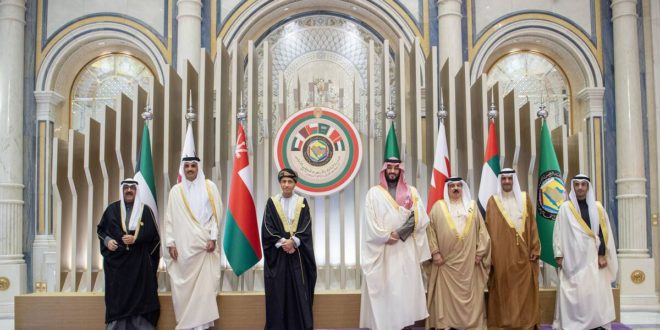The Gulf Cooperation Council (GCC) has long been a pivotal player in shaping the geopolitical landscape of the Middle East. Comprising six Arab nations – Saudi Arabia, the United Arab Emirates, Qatar, Kuwait, Oman, and Bahrain – the GCC holds significant influence and plays a crucial role in regional dynamics, diplomacy, and security. In this article, we delve into the GCC’s role in shaping the Middle East’s geopolitics.
1. Regional Security and Stability As a collective alliance, the GCC has been at the forefront of maintaining regional security and stability. In a region characterized by complex security challenges, the GCC member states have cooperated on defense and intelligence sharing, joint military exercises, and counterterrorism efforts to safeguard their shared interests and address common threats.
2. Diplomatic Mediation The GCC has played an essential role in mediating regional conflicts and fostering diplomatic solutions. From Yemen to Syria and beyond, the GCC has been actively engaged in brokering peace talks, facilitating negotiations, and supporting efforts to resolve conflicts peacefully.
3. Energy Dominance The GCC member states are significant players in the global energy market, collectively possessing vast oil and gas reserves. Their strategic location at the crossroads of major energy routes gives them a crucial role in shaping global energy dynamics and influencing international policies.
4. Economic Cooperation and Integration Economically, the GCC has fostered cooperation and integration among member states, creating a single market and a customs union. This economic integration has bolstered trade and investment among member states, enhancing their collective bargaining power in the global economy.
5. Cultural and Religious Influence The GCC holds significant cultural and religious influence, particularly as the birthplace of Islam. This influence is evident in their support for various religious and cultural initiatives and the promotion of interfaith dialogue on regional and international platforms.
6. Counterterrorism Efforts The GCC has been proactive in combatting terrorism and extremism. By coordinating intelligence and security operations, sharing best practices, and implementing counterterrorism strategies, the GCC has made substantial progress in confronting this shared challenge.
7. Migration and Humanitarian Assistance The GCC member states have been actively involved in providing humanitarian assistance to countries facing crises, both within the region and beyond. Their efforts in accommodating and supporting refugees and migrants have demonstrated their commitment to humanitarian causes.
8. Geopolitical Realignment The GCC’s role in shaping Middle East geopolitics has also been influenced by broader shifts in the international arena. The rise of new global powers, changing alliances, and geopolitical rivalries have prompted the GCC to navigate its relationships and priorities strategically.
9. Regional Challenges The GCC faces an array of challenges, including regional conflicts, economic diversification, demographic shifts, and environmental concerns. Addressing these challenges requires continued cooperation and innovative approaches.
As the Middle East’s geopolitical landscape continues to evolve, the GCC remains a central player, actively shaping regional affairs and engaging with the international community. Through diplomatic endeavors, economic collaboration, and security cooperation, the GCC seeks to promote peace, stability, and prosperity in the region and beyond. As events unfold and new opportunities arise, the GCC’s role in the Middle East’s geopolitics will remain dynamic and essential in the pursuit of shared objectives and collective progress.
 khaleejmirror.com khaleejmirror.com
khaleejmirror.com khaleejmirror.com



